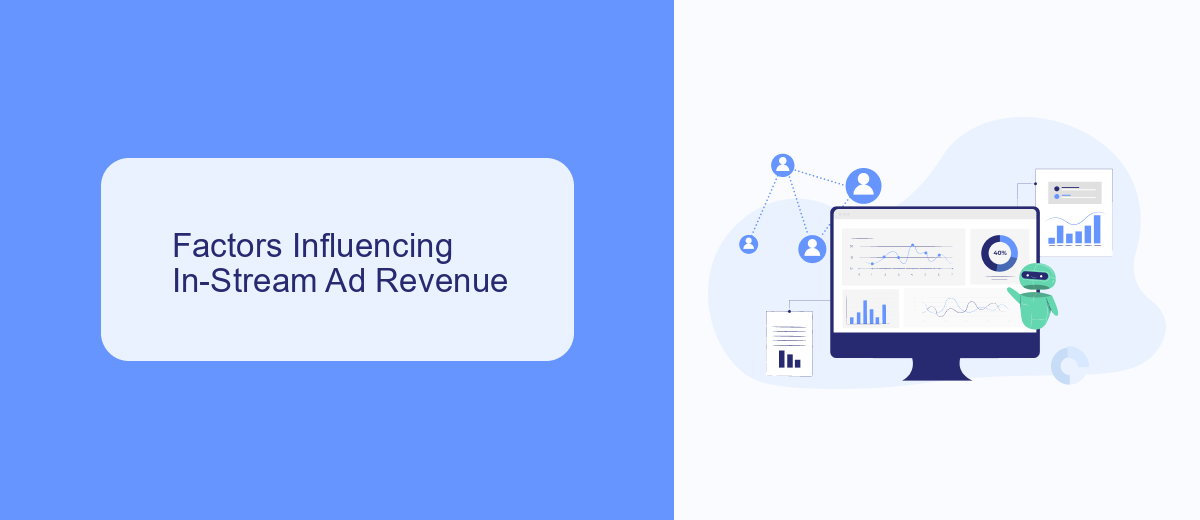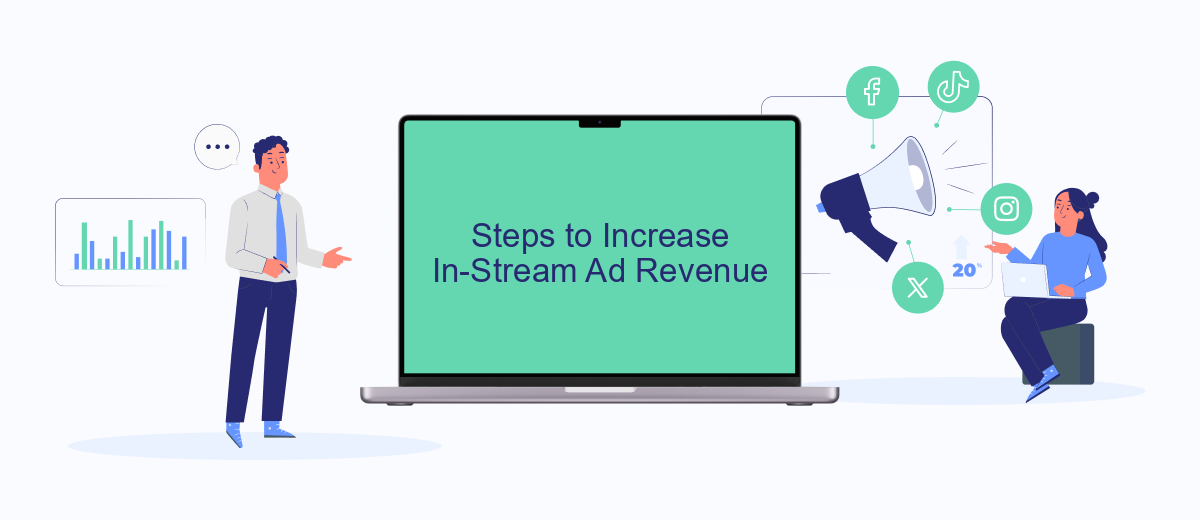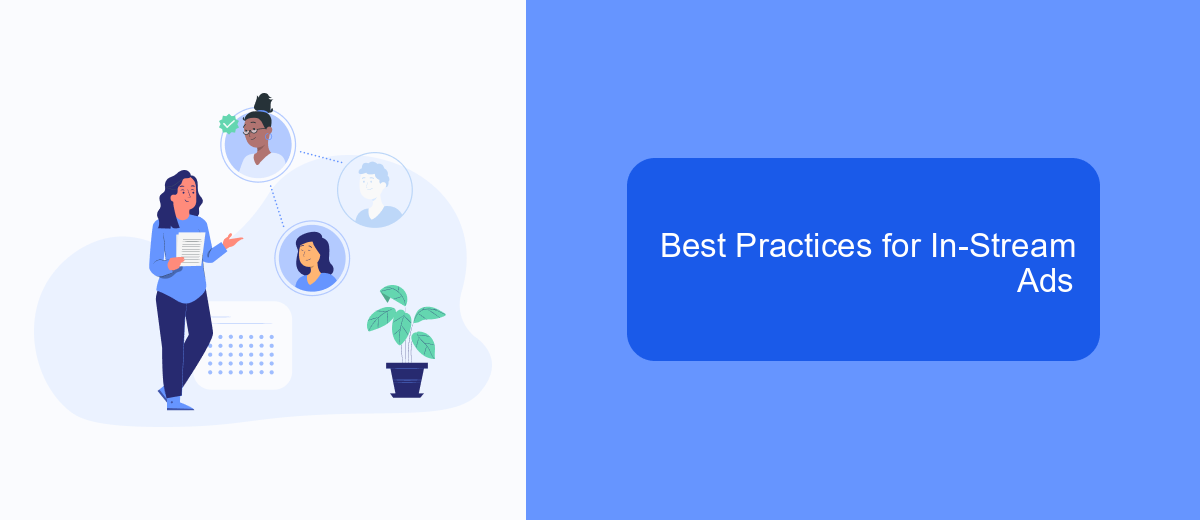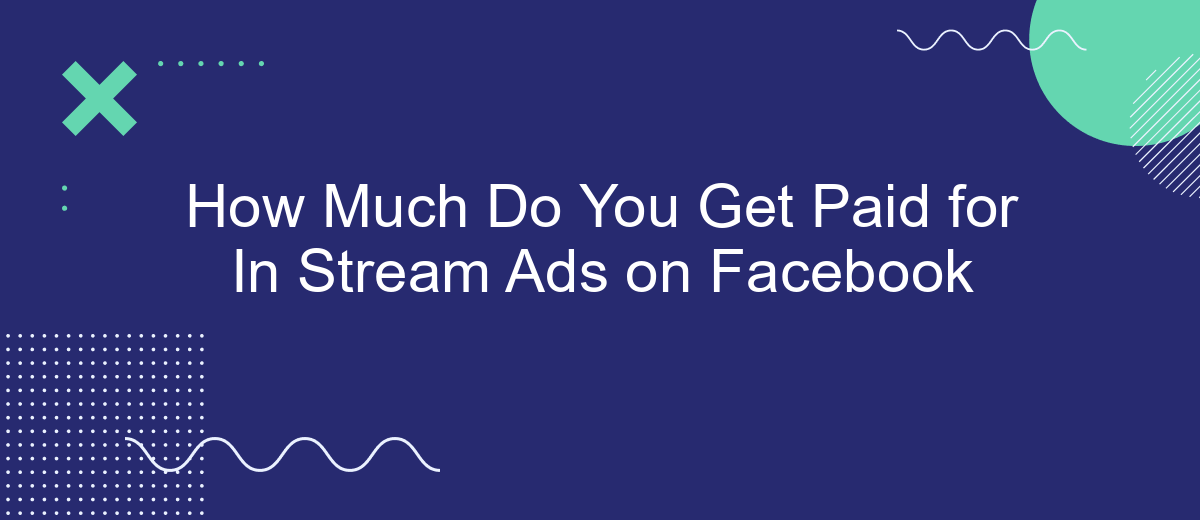Understanding how much you can earn from in-stream ads on Facebook is crucial for content creators looking to monetize their videos. This article delves into the factors that influence earnings, including viewer engagement, ad placement, and audience demographics. By exploring these elements, you'll gain a clearer picture of the potential revenue and how to maximize your earnings on the platform.
In-Stream Ad Revenue Calculation
Calculating revenue from in-stream ads on Facebook involves understanding several key factors that influence your earnings. These factors include the number of views, ad engagement, and the CPM (cost per thousand impressions) rate set by Facebook. To get a clearer picture of your potential earnings, it's important to consider these elements in detail.
- Number of Views: The more views your videos receive, the higher the potential for ad impressions.
- Ad Engagement: Higher engagement rates can lead to better revenue as advertisers value active and interested audiences.
- CPM Rate: Facebook's CPM rate varies based on factors such as audience demographics and advertiser demand.
To streamline the process of calculating and optimizing your in-stream ad revenue, you can use services like SaveMyLeads. This platform helps integrate your Facebook ad data with other tools and services, allowing for automated tracking and analysis of your ad performance. By leveraging such integrations, you can make more informed decisions to maximize your earnings.
Factors Influencing In-Stream Ad Revenue

Several factors influence the revenue generated from in-stream ads on Facebook. The primary determinant is the number of views your videos receive; higher view counts typically lead to increased ad revenue. Additionally, the engagement level of your audience, including likes, shares, and comments, can significantly impact earnings. Videos that captivate and retain viewers are more likely to generate higher ad revenue due to better ad placement opportunities.
Another critical factor is the demographic profile of your audience. Advertisers often pay more for ads shown to specific age groups, genders, or locations that align with their target market. Additionally, the content quality and relevance of your videos play a crucial role. High-quality, engaging content attracts more viewers and keeps them watching longer, thereby increasing potential ad revenue. Utilizing integration services like SaveMyLeads can help streamline and optimize your ad campaigns, ensuring that you maximize your revenue potential by effectively targeting the right audience.
Steps to Increase In-Stream Ad Revenue

Maximizing your revenue from Facebook In-Stream Ads involves strategic planning and consistent efforts. By optimizing your content and leveraging tools, you can significantly boost your earnings. Here are some steps to help you increase your in-stream ad revenue:
- Create Engaging Content: Ensure your videos are engaging and relevant to your audience to keep them watching longer, increasing ad impressions.
- Optimize Video Length: Aim for videos that are at least three minutes long, as Facebook requires this minimum length for in-stream ads.
- Use SaveMyLeads: Integrate SaveMyLeads to automate your ad management and optimize ad placements, ensuring maximum visibility and higher revenue.
- Schedule Consistently: Post videos regularly to keep your audience engaged and attract more viewers, which can lead to higher ad revenue.
- Analyze Performance: Regularly review your video performance metrics to identify what works best and adjust your strategy accordingly.
By following these steps, you can enhance your approach to Facebook In-Stream Ads and see a noticeable increase in your ad revenue. Remember, consistency and optimization are key to long-term success.
Best Practices for In-Stream Ads

To maximize your earnings from in-stream ads on Facebook, it's essential to follow best practices that ensure your content is engaging and meets platform guidelines. High-quality content not only attracts more viewers but also keeps them engaged, increasing the chances of ad impressions and, consequently, your earnings.
Consistency in posting and understanding your audience's preferences can significantly impact your ad revenue. Regularly analyze your content performance to identify what works best and tailor your strategy accordingly. Additionally, leveraging tools and integrations can streamline your ad management process and enhance your overall efficiency.
- Use high-quality visuals and sound to keep viewers engaged.
- Post content consistently to build and maintain your audience.
- Analyze performance metrics to understand what resonates with your audience.
- Utilize services like SaveMyLeads for seamless ad management and integration.
By following these practices, you can optimize your in-stream ads for better performance and higher earnings. Remember, the key is to create engaging content that resonates with your audience while leveraging tools to manage your ads effectively.
Tips for Maximizing In-Stream Ad Revenue
To maximize your in-stream ad revenue on Facebook, focus on creating engaging and high-quality content that resonates with your audience. The more viewers watch and engage with your videos, the higher your potential earnings. Consistency is key, so aim to upload content regularly and at optimal times when your audience is most active. Utilize Facebook's analytics tools to monitor performance and adjust your strategy accordingly.
Integrating automation tools like SaveMyLeads can further enhance your revenue potential. SaveMyLeads helps streamline your marketing efforts by automating lead generation and follow-up processes, allowing you to focus more on content creation. By automating these tasks, you can ensure a steady flow of engaged viewers, which can lead to higher ad impressions and increased revenue. Additionally, leveraging insights from SaveMyLeads can help you better understand your audience and tailor your content to meet their preferences.
- Automate the work with leads from the Facebook advertising account
- Empower with integrations and instant transfer of leads
- Don't spend money on developers or integrators
- Save time by automating routine tasks
FAQ
How much do you get paid for in-stream ads on Facebook?
What are the eligibility requirements for in-stream ads on Facebook?
How do I set up in-stream ads on my Facebook videos?
How often do you get paid for in-stream ads on Facebook?
Can I automate the process of tracking my earnings from in-stream ads?
Personalized responses to new clients from Facebook/Instagram. Receiving data on new orders in real time. Prompt delivery of information to all employees who are involved in lead processing. All this can be done automatically. With the SaveMyLeads service, you will be able to easily create integrations for Facebook Lead Ads and implement automation. Set up the integration once and let it do the chores every day.

